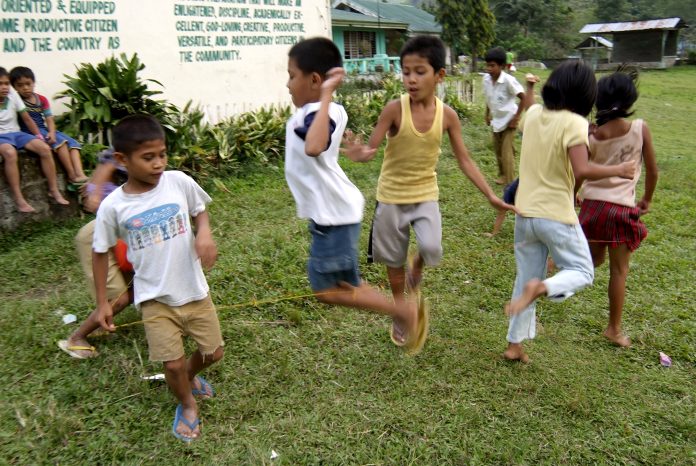Child rights groups in the Philippines urged Congress to pass the proposed Positive Parenting Act that mandates “positive and non-violent parenting approaches”.
The proposed measure is “geared towards a more holistic and inclusive approach involving parents and caregivers,” said Allan Nuñez of ChildFund Philippines.
The bill “does not impose” ways of managing households “but instead seeks to help parents and caregivers in exploring options for proper child-rearing to avoid inflicting violence against children,” he said.
According to a 2022 report from the Council of the Welfare of Children, about 9,000 Filipino children suffered from all forms of abuse, including physical and humiliating punishments.
The groups said the Philippines is one of the 134 nations that is lacking laws to curb physical and humiliating punishment against children.
Lawyer Albert Muyot, CEO of Save the Children Philippines, said the bill is “the perfect gift” for Filipino Children if passed into law.
“Filipino children themselves desire positive change in their homes and seek closer connections with their families, without the use of physical or humiliating punishment,” he said.
In a press briefing on August 1, Representative Angelica Natasha Co of the BHW Partylist said the proposed measure aims to provide support to Filipino parents on how to “shift away from using physical and psychological punishment in disciplining their children”.
Co, who authors the bill, said it includes prevention and response programs, and nationwide information dissemination campaigns aimed at parents, local government officials, law enforcement, and teachers.
It will also provide “capacity-building programs” for local government personnel and service providers engaged in implementing the law.
Studies have shown that Positive Parenting correlates with high self-esteem and positive self-concept in children, leading to improved mental health and academic performance.
The approach fosters open communication, easier conflict resolution, and stronger family bonds.
In 2016, the National Baseline Study on Violence Against Children reported 3 out of 5 children in the country experience physical violence, often in the home setting.









